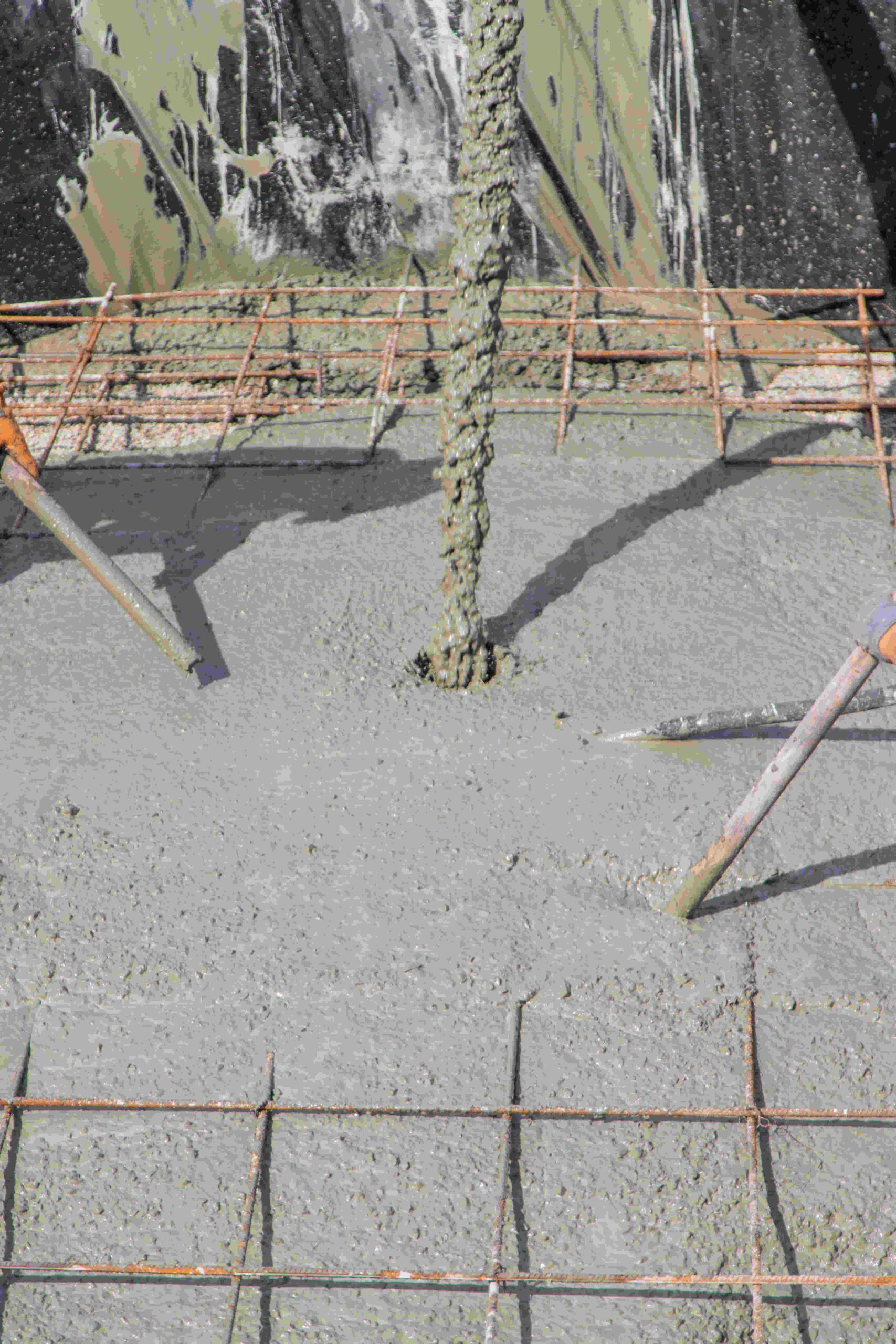Blog
Can You Pour Concrete in Cold Weather? Tips from Concreters in Springvale
Pouring concrete in cold weather can be challenging, but it’s not impossible. Many homeowners and builders wonder whether cold temperatures will affect the strength and durability of their concrete projects. The truth is, with the right techniques and expert guidance from concreters in Springvale, you can achieve solid, long-lasting results even in winter conditions. In this blog, we’ll explore key considerations, tips, and best practices to ensure your concrete sets perfectly, regardless of the temperature.
1: How Cold Weather Affects Concrete
Cold weather slows down the hydration process in concrete, which is essential for it to harden and gain strength. Pouring concrete when temperatures drop below 5°C can lead to:
Delayed setting times – Concrete takes longer to harden in colder temperatures.
Reduced strength – Frost can damage fresh concrete, weakening the final structure.
Surface cracking – Rapid temperature changes may cause cracks or uneven surfaces.
By understanding these risks, concreters in Springvale can take preventative measures to protect your concrete investment.
2: Tips for Pouring Concrete in Cold Weather
While pouring concrete in winter requires careful planning, these practical tips can help you achieve the best results:
1. Use Warm Materials
Warm water can help maintain the concrete’s temperature during mixing.
Store aggregates in a heated area before use.
2. Choose the Right Mix
Cold-weather concrete mixes are designed to set faster and resist frost.
Accelerators can also be added to reduce setting time.
3. Protect Fresh Concrete
Use insulated blankets or temporary shelters to retain heat.
Avoid direct exposure to frost or snow until the concrete has cured.
4. Plan Your Pour Timing
Pour concrete during the warmest part of the day to reduce freezing risk.
Avoid pouring late in the evening or overnight when temperatures are lowest.
5. Allow Longer Curing Time
Cold weather slows curing, so it’s important to give concrete extra time to gain strength.
Regularly monitor moisture levels to prevent premature drying.
Heading 3: Common Mistakes to Avoid in Winter Concrete Work
Even experienced concreters in Springvale sometimes encounter challenges in cold weather. Avoid these common mistakes to ensure a successful project:
Ignoring temperature forecasts – Sudden cold snaps can damage fresh concrete.
Using cold water or frozen aggregates – This can reduce strength and cause surface defects.
Skipping protective measures – Insulation and coverings are critical to prevent frost damage.
Rushing the curing process – Patience is key; concrete needs adequate time to reach full strength.
Heading 4: When to Call Professional Concreters in Springvale
Cold weather concreting requires knowledge, experience, and the right tools. Hiring professionals ensures:
Proper mix design for winter conditions
Correct placement and protection techniques
Efficient curing and finishing for long-lasting results
If you’re planning a concrete project during colder months, consulting concreters in Springvale can save you time, money, and frustration. Their expertise ensures your concrete sets strong and looks flawless.
Conclusion:
Pouring concrete in cold weather doesn’t have to be risky. With careful preparation, the right materials, and professional guidance, you can achieve durable and visually appealing results. If you’re considering a concrete project this winter, reach out to experienced concreters in Springvale to ensure your investment stands the test of time.
📞 Call today to schedule a consultation with local experts and get your project off to a strong start.

